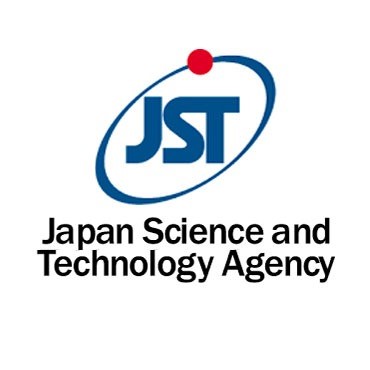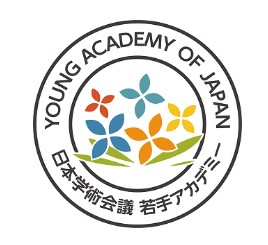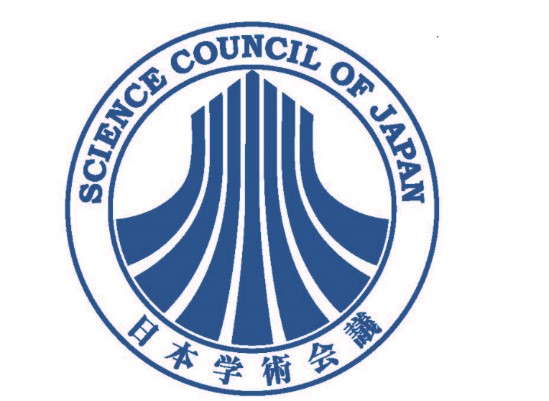Programme / Thematic session III/a Ecosystem to enhance global public good with science: distributive justice and well-being as key concepts
‹ back to Programme listerDay
Thursday / 8 DEC
11:30 - 13:00
In the 2019 World Science Forum’s Declaration called for concerted action on ‘science for global well-being’. In the context of longstanding social inequalities tackled by the Sustainable Development Goals, addressing challenges to humankind’s basic existence under COP26, or the world-shattering impacts of the Covid-19 pandemic, few in 2019 could have foreseen how meaningful their call to arms has now become. Under the current situation, “well-being” has been an essential perspective to understand the role of scientific knowledge and its impact on society.
To consider the relationship between well-being and advanced knowledge, we need to focus on another key concept “distributive justice”. Distributive justice is a key concept for current scientific systems to overcome inequality of accessibility, benefits, and risks of scientific results in international policies and scientific communities. What role can science play in the current emerging issue of inequalities in the distribution of knowledge resulting in social injustice?
The objective of the panel is to explore deep understanding of multi-layered gaps on knowledge production and impacts of concepts of “well-being” and “distributive justice”. To tackle this theme, we will focus on the lessons learned from our research and practices. And then, we will discuss questions on “What kinds of policies, activities, and communications can solve those gaps and bring an inclusive ecosystem of science?” Furthermore, speakers will assess the role of STI and international diplomacy in both creating and tackling the very conditions that have made our science for social justice problems so manifest.
Following an interactive debate with delegates, recommendations will be made to inform the 2022 World Science Forum’s Declaration. These will target how diverse stakeholders across sectors and importantly, national borders, from top scientists and policymakers to youth and the aged, can be better engaged to drive meaningful change and bring distributive justice and well-being one step closer.
Moderator:
Speakers:
- Ryuma Shineha, Associate Professor, Research Center on Ethical, Legal, and Social Issues, Osaka University / Member, Young Academy of Japan, Science Council of Japan
- Mareli Claassens, Associate research professor, University of Namibia
- Yasuhisa Kondo, Member, Young Academy of Japan
- Romyen Kosaikanont, Centre Director, Southeast Asian Ministers of Education Organization Regional Centre for Higher Education and Development (SEAMEO RIHED)
- Mayumi Ishizuka, Professor, Hokkaido University


